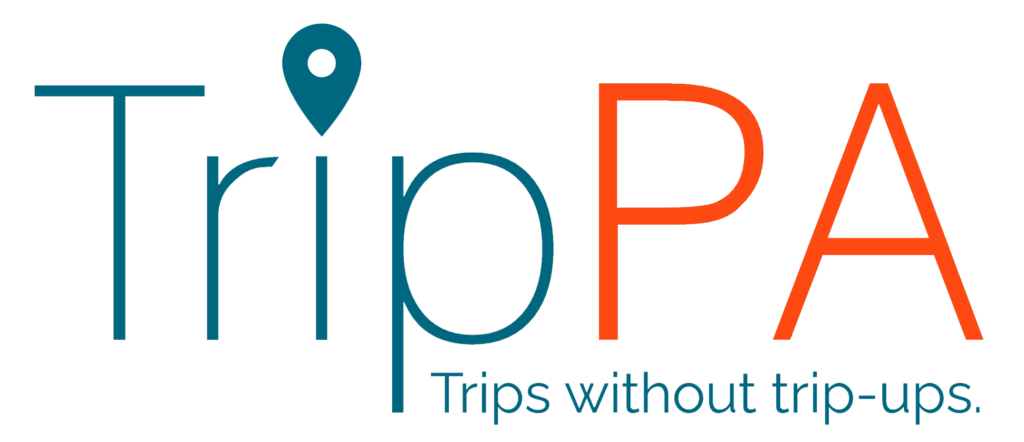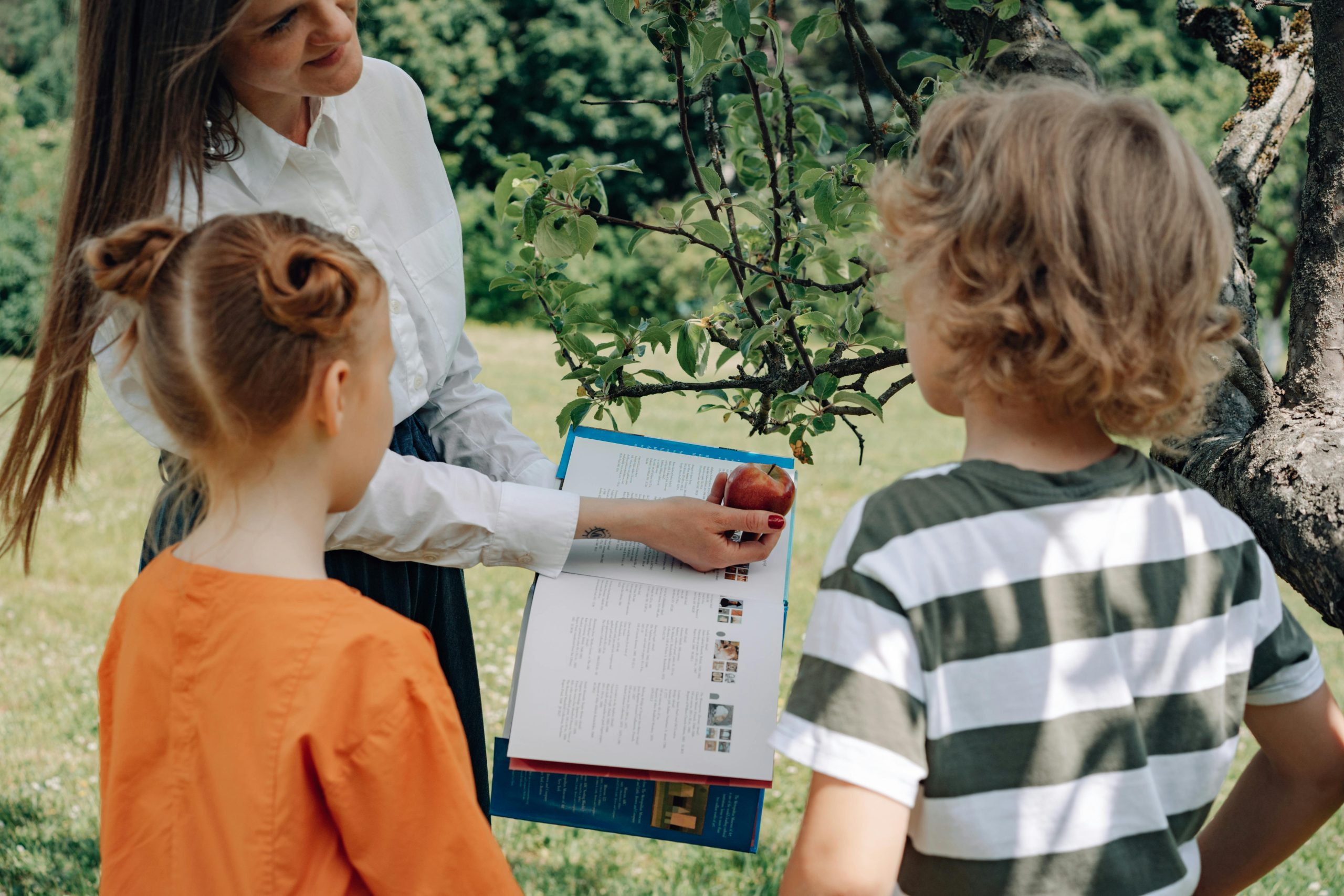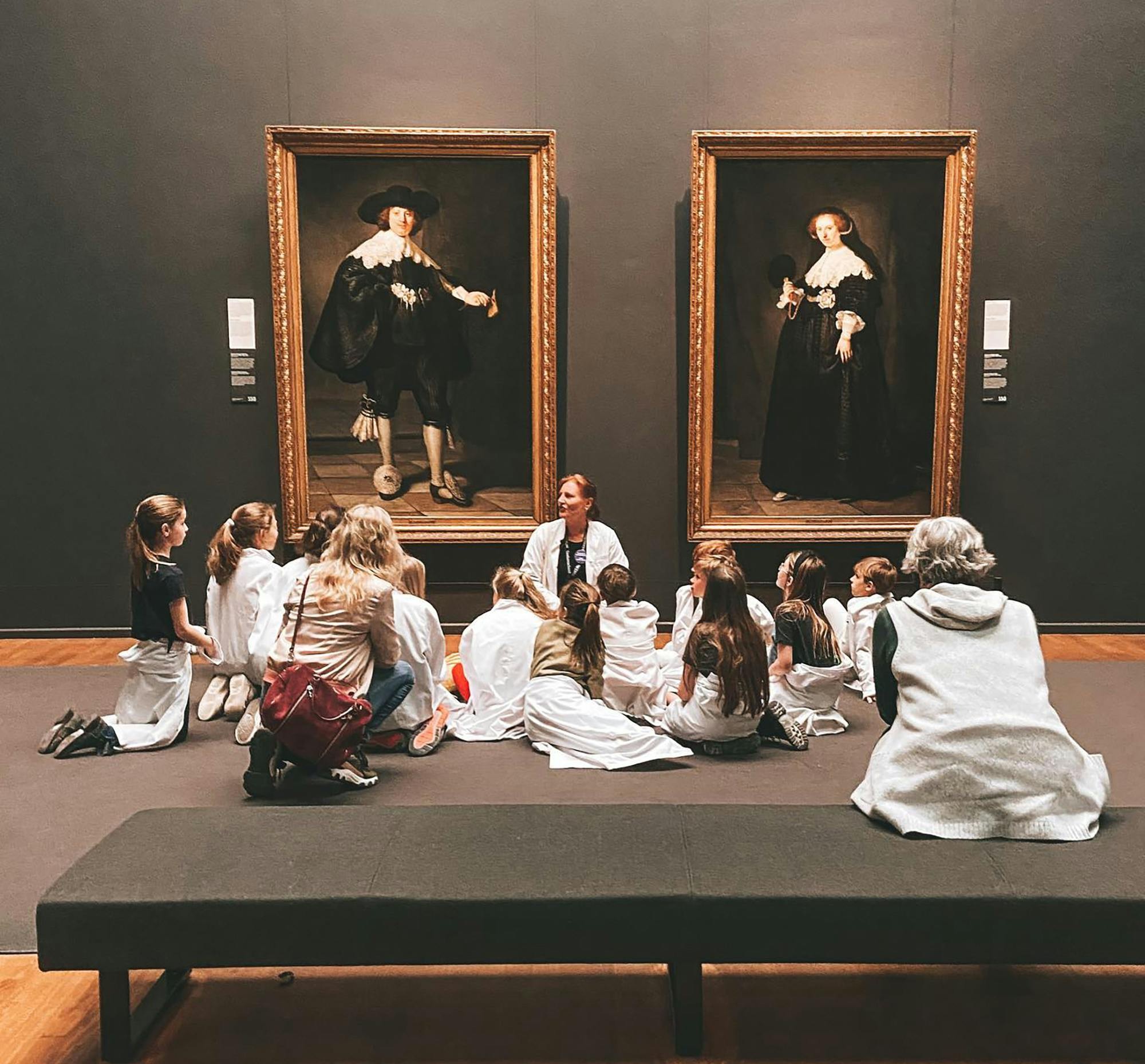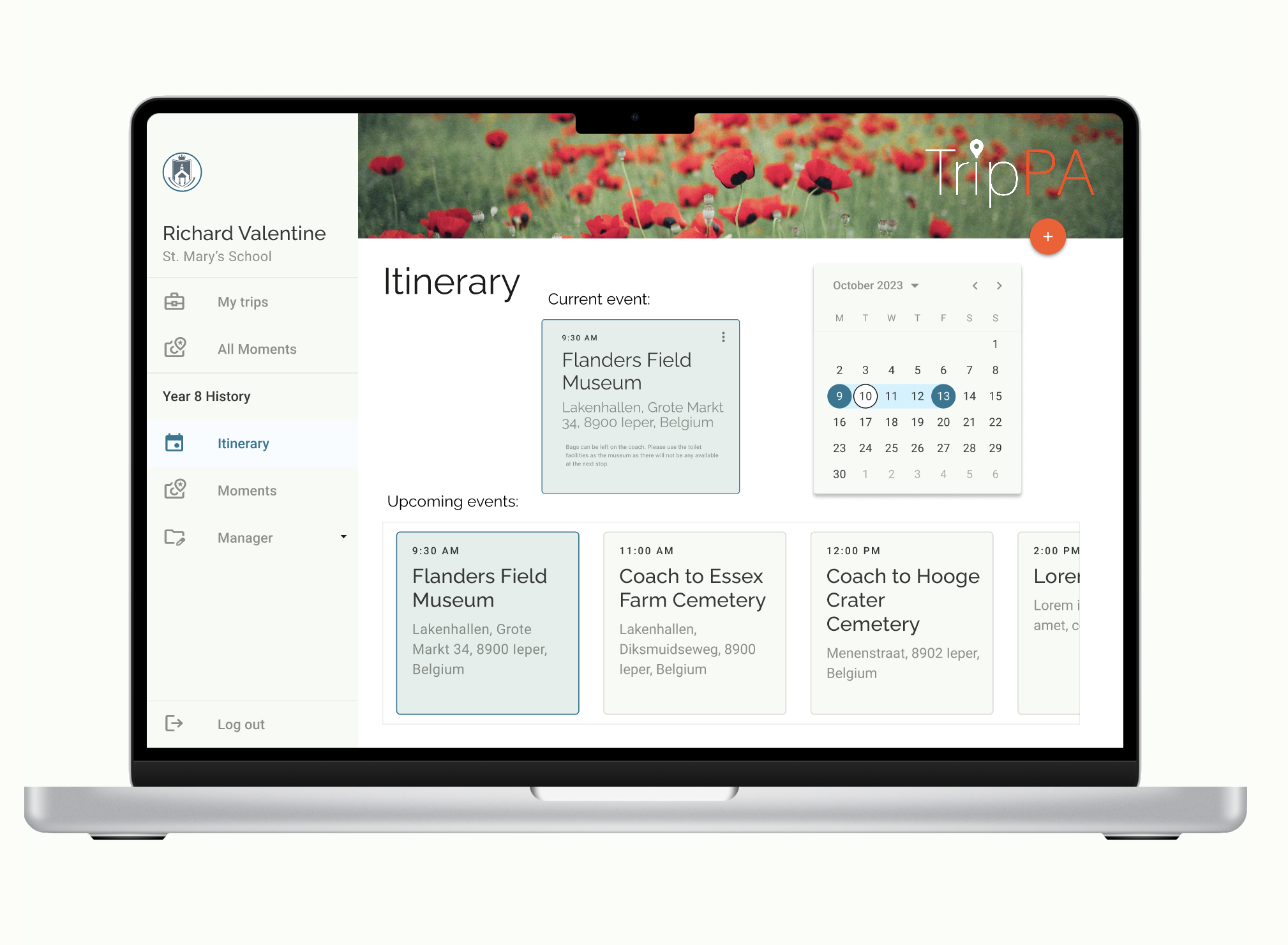“Can I place an AirTag in my child’s bag?”. As a frequent trip leader, I’ve been asked this question by a lot of parents! Although, more often than not, I’ve only found out about tracking devices when a child has come to me with an alert on their mobile phone, displaying an alarming message declaring that someone might be following them. As this practice is now so common, it is important for schools and EVCs to consider their policies to avoid situations like this, ensuring staff and parents understand what is permitted and expected.
Parents tracking their children electronically is not a new concept. Since the early 2000s the technology has been available to the public in various forms, either as a standalone tracker or a mobile-based app, and the conversation goes well beyond school trips. The ethical implications of parents tracking children has been discussed many times, including in articles such as these from The Spectator and The Guardian. There are countless stories of trackers saving lives, but also many more which feature an erosion of trust between parents and their children. The ethical aspects of this go beyond the scope of this article, but what does this all mean for trackers on school trips?

What does the guidance say?
The Outdoor Education Advisers’ Panel (OEAP), the providers of national guidance on educational visits, discourages the use of electronic trackers on school trips. They acknowledge that parents will often feel anxiety about the whereabouts of their child during off-site activities, but highlight that the use of trackers can cause negative outcomes. We believe these may include:
- Safeguarding risks, e.g. if an unauthorised person is able to track a child.
- An erosion of trust between parents and their child.
- A sense of mistrust between parents and school staff.
- Prevention of the child developing their own sense of independence.
- Alerts shown on a child’s mobile phone, if travelling in tandem with someone’s unknown tracker, causing panic.
- Tensions between sets of parents (or between children) who choose to use trackers and those who don’t.
- Increased anxiety and worry for parents, if a device shows incorrect information, or malfunctions.
The OEAP recommends that the use (or not) of trackers may need to be covered in an establishment policy, to be agreed by parents and participants.
Our TripPA tips for schools and EVCs:
- Ensure you have a policy on the use of trackers, which is aligned with the policy on use of phones on trips. Deciding on the use of trackers is a responsibility of EVCs and school management, not individual trip leads.
- Every school’s situation is different, so consider the best approach for your own staff and pupils. This could be an active ban on trackers, but could also allow the use of the devices if declared.
- Whatever is decided, make sure the policy is clearly communicated to parents and staff, highlighting the justification.

What about trackers that are owned by the school?
Another option for schools is to invest in a tracking system which is overseen by the teachers, rather than the parents. This might be particularly useful for periods of remote supervision on trips, where pupils are afforded time to explore an area outside of the line-of-sight of a staff member, or for trips which are in more remote areas (expeditions, or overseas trips, for example). If you are taking this course of action, make sure you have a thoughtfully worded policy, as there are many implications to consider, including: Is the generated data secure? Who is responsible for the trackers? Are we expecting pupils to be tracked on their mobile? What if it doesn’t work?
What to do now?
We at TripPA recommend that schools should be considering how best to approach this as soon as possible, as it is an issue which is becoming increasingly prevalent in schools. School trip management has many facets in the 21st century!
Speaking of school trip management, the TripPA app will be launching soon! Our intuitive user interface and array of tools will save teachers and EVCs hours of time when planning school trips. Check out our range of app features here!




